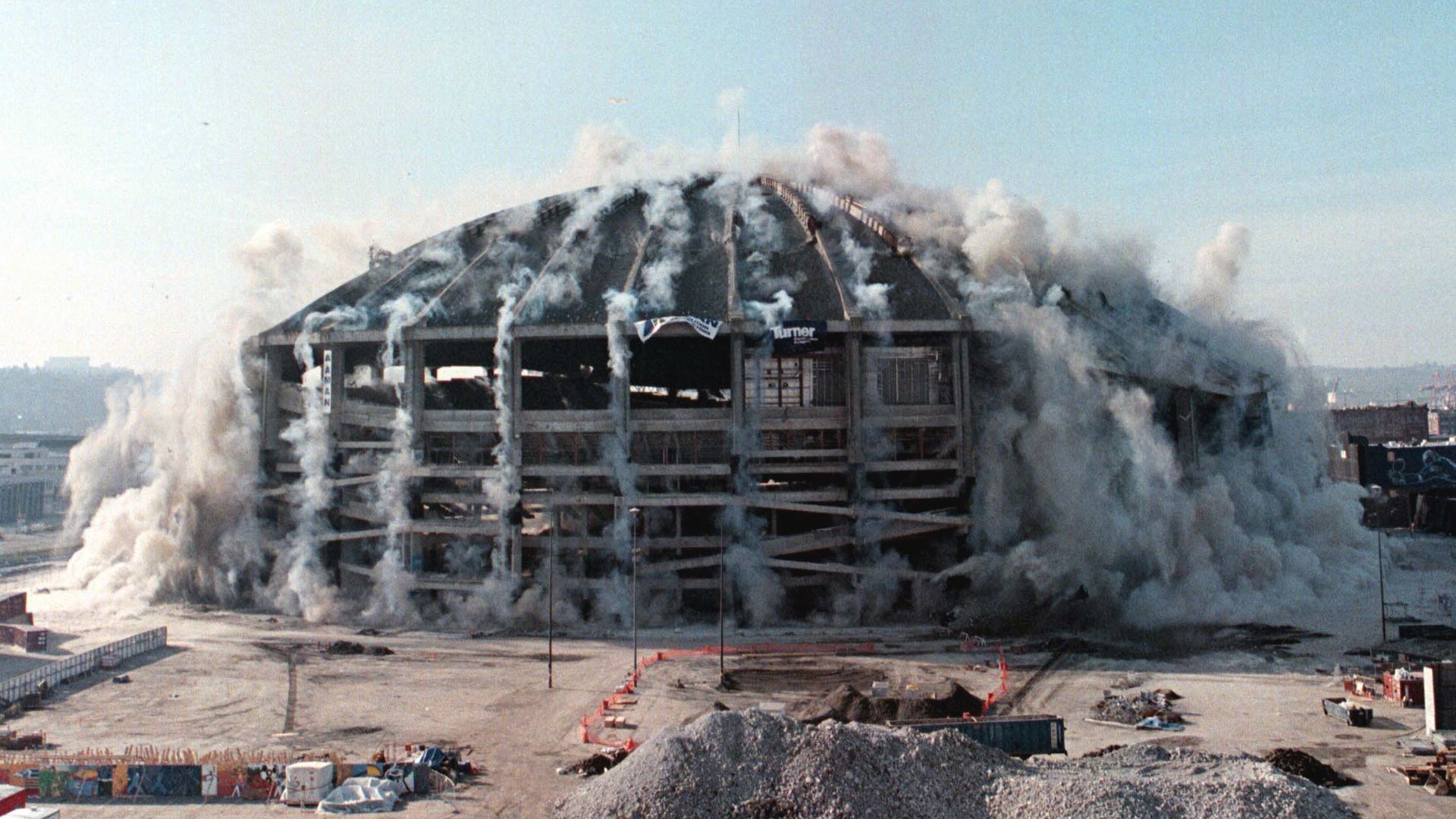
I’ve been deep in historical texts lately, particularly focused on the early 20th century - an unusual departure from my typical reading habits. Through biographies of Calvin Coolidge and Grover Cleveland, I’ve been struck by how different everything was in post-Civil War America. Life was undoubtedly harder then, but the pathways to “making it” in American society were remarkably simpler, at least for those fortunate enough to be born male in the right places.
This historical lens has me looking globally too. Even supposedly idealistic states like Iceland face familiar modern challenges: underfunded healthcare, depressed wages, housing crises, and immigration tensions. These issues transcend borders and systems.
What’s fascinating is how many of our current systems date back decades. We often discuss aging software systems still running on COBOL, but we spend far less time analyzing the gerontocracy of systems meant to hold societies together. While acknowledging our forebears’ limitations, I’m struck by how everything I’m doing now would be science fiction to my great-great grandparents. (My great grandmother, born in 1911, lived until 2008, bridging an era of unprecedented change.)
The improbability of all this progress makes me marvel at their journeys and wish I’d asked more questions. But it’s also why I have less hope about today. The more I read, the clearer it becomes that the architecture of life takes immense time to build. Dismantling takes time. Rebuilding takes even longer. From a distance, historical chaos might seem manageable, but it was as devastating then as our challenges are now.
What concerns me most is that many current leaders seem to underestimate the magnitude of the tasks before them. They forget that systems are merely agreements between participants. When you consistently break these agreed-upon rules, it becomes increasingly difficult to hold together the pieces that made your system work in the first place.
This isn’t just about maintenance or reform - it’s about understanding the delicate balance that keeps societal systems functioning. As we rush to dismantle or “disrupt” existing structures, we might do well to remember how long it took to build them in the first place.
I spend a lot of time thinking about how we got here, and what it means for where we’re going. The more I understand about how long it takes to build things that last, the harder it gets to watch people in charge treat everything like it’s disposable. Between the graft, the incompetence, and the plain unwillingness to do what needs doing, it’s getting harder to feel hopeful about any of it. Maybe that’s why I keep reading about the past. At least those stories have endings, even if they’re not always the ones we’d want.